Home>Home Maintenance>At What Point Can A Buyer Inspect A Property They Are Making An Offer On?


Home Maintenance
At What Point Can A Buyer Inspect A Property They Are Making An Offer On?
Modified: March 6, 2024
Learn when buyers can inspect a property they're making an offer on. Get insights on home maintenance before finalizing your purchase.
(Many of the links in this article redirect to a specific reviewed product. Your purchase of these products through affiliate links helps to generate commission for Storables.com, at no extra cost. Learn more)
Introduction
Welcome to the world of home buying! It’s an exciting journey filled with decisions, negotiations, and inspections. One crucial aspect of purchasing a home is the property inspection, which is a necessary step to ensure that the house is in good condition and meets your expectations.
But when exactly can a buyer inspect a property they are making an offer on? This is a common question that arises during the home buying process, and in this article, we will delve into the details of when and how property inspections take place.
To answer this question, we first need to understand the concept of an inspection contingency.
Understanding the Inspection Contingency
An inspection contingency is a clause within the purchase contract that allows the buyer to conduct a thorough examination of the property before proceeding with the purchase. It acts as a safeguard, giving the buyer the opportunity to identify any potential issues or flaws in the property that may affect their decision to proceed with the purchase.
The inspection contingency is typically included in the initial offer, highlighting the buyer’s intent to conduct inspections during a specified period, which is usually a few days after the offer is accepted.
With the inspection contingency in place, let’s explore the timing of property inspections.
Key Takeaways:
- Don’t skip the inspection contingency! It gives buyers the chance to uncover hidden issues and negotiate repairs or price adjustments before committing to a home purchase.
- Whether it’s a pre-offer walk-through or a detailed inspection after the offer, buyers have options to ensure they make an informed decision and protect their investment.
Understanding the Inspection Contingency
An inspection contingency is a clause within the purchase contract that allows the buyer to conduct a thorough examination of the property before proceeding with the purchase. It acts as a safeguard, giving the buyer the opportunity to identify any potential issues or flaws in the property that may affect their decision to proceed with the purchase.
The inspection contingency is typically included in the initial offer, highlighting the buyer’s intent to conduct inspections during a specified period, which is usually a few days after the offer is accepted.
Having an inspection contingency in place is crucial because it gives the buyer peace of mind. It allows them to uncover any hidden problems with the property and negotiate repairs or a reduction in the purchase price if necessary. Without an inspection contingency, the buyer may be locked into a purchase without the opportunity to uncover any issues that could be costly to address later on.
It’s important to note that the inspection contingency is different from other contingencies, such as financing or appraisal contingencies. While those contingencies protect the buyer’s financial interests, the inspection contingency focuses on the physical condition of the property.
During the inspection period, the buyer has the right to hire a professional home inspector to thoroughly evaluate the property. The inspector will assess various aspects of the home, including the foundation, roof, electrical systems, plumbing, HVAC, and other structural components. They will provide a detailed report highlighting any defects or areas of concern.
If any major issues are discovered during the inspection, the buyer can negotiate with the seller to address these issues. This can involve requesting repairs, asking for a credit towards closing costs, or even walking away from the deal if the issues are significant and cannot be resolved to the buyer’s satisfaction.
It’s important for buyers to take advantage of the inspection contingency to protect their investment and ensure they are fully informed about the condition of the property. However, it’s also crucial to respect the time frames outlined in the contract and not delay the inspection process unnecessarily, as this may impact the overall timeline of the purchase.
Now that we understand the purpose and importance of the inspection contingency, let’s explore when exactly property inspections can take place during the home buying process.
The Timing of Property Inspections
Property inspections are typically conducted at specific points during the home buying process. The timing may vary based on factors such as local norms and the negotiation between the buyer and seller. Let’s explore the two common scenarios for property inspections: inspecting the property before making an offer and inspecting the property during the offer process.
Inspecting the Property Before Making an Offer
Some buyers prefer to conduct a preliminary inspection of the property before making an offer. This allows them to get a sense of the property’s condition and potential issues before committing to the purchase. However, it’s important to note that this type of inspection is typically a visual inspection and not as detailed as a professional home inspection.
During this pre-offer inspection, buyers can walk through the property, look for obvious signs of damage or maintenance issues, and ask the seller questions about the property’s history, repairs, and any known issues. This inspection helps buyers determine if the property meets their basic requirements and if it’s worth proceeding with the offer.
Inspecting the Property During the Offer Process
The more common scenario is conducting a thorough inspection of the property during the offer process. This is where the inspection contingency comes into play. Once the offer is accepted, the buyer typically has a specified period, often around 7-10 days, to hire a certified home inspector and conduct a detailed examination of the property.
During the inspection, the professional home inspector will assess the property’s structural integrity, electrical systems, plumbing, HVAC, roof, and other crucial components. They will look for any signs of damage, wear and tear, or potential hazards. The inspector will then provide a comprehensive report detailing their findings.
This report is crucial in helping the buyer make an informed decision about the purchase. If major issues are discovered, the buyer can discuss potential repairs or renegotiate the purchase price with the seller based on the inspection report. In some cases, the buyer may even choose to back out of the deal if the issues are significant and cannot be resolved.
Finalizing the Inspection Process
Once the inspection is complete, the buyer has a few options. If the inspection reveals minor issues, they can choose to proceed with the purchase as planned. If there are major concerns, they may negotiate with the seller for repairs or credits to address the issues. In some cases, the buyer may opt to terminate the contract if the inspection reveals significant undisclosed defects.
It’s important to note that property inspections are typically the responsibility of the buyer, and the cost of the inspection is borne by the buyer. However, the potential cost of repairs or negotiations can be factored into the overall negotiation process.
Now that we’ve covered the timing of property inspections, let’s conclude this article with some final thoughts.
Inspecting the Property Before Making an Offer
Before making an offer on a property, some buyers choose to conduct a preliminary inspection. This allows them to get a sense of the property’s condition and potential issues before committing to the purchase. While this pre-offer inspection is not as comprehensive as a professional home inspection, it can provide valuable information.
During a pre-offer inspection, buyers can take the opportunity to walk through the property and visually assess its condition. They can look for obvious signs of damage, such as cracked walls, water stains, or uneven flooring. They can also examine the overall maintenance level of the property, checking for any neglected repairs or signs of wear and tear.
In addition to the visual inspection, buyers can ask the seller questions about the property’s history, including any past repairs or maintenance issues. Knowing about previous issues can help buyers understand potential ongoing concerns and gauge the overall condition of the property.
It’s important to recognize the limitations of a pre-offer inspection. It relies on what can be observed without professional expertise, and there may be hidden issues that are not immediately apparent. It’s crucial for buyers to be aware that a pre-offer inspection should not replace a professional home inspection, but rather serve as a preliminary assessment.
A pre-offer inspection can aid buyers in determining if the property aligns with their basic requirements and preferences. It can help them decide whether they should proceed with making an offer or if they should look for a different property that better suits their needs.
If the pre-offer inspection raises significant concerns or questions, it may be wise to consult with a professional home inspector before proceeding further. A professional home inspection provides a more detailed assessment of the property and can uncover hidden issues that may not be visible during a pre-offer inspection.
Ultimately, a pre-offer inspection is a useful tool for buyers to gather preliminary information about a property. However, it’s important to keep in mind that a thorough professional home inspection should still be conducted during the offer process to ensure there are no surprises or undisclosed issues.
In the next section, we’ll explore the process of inspecting a property during the offer process, which is where the inspection contingency comes into play.
A buyer can inspect a property before making an offer by scheduling a pre-offer inspection with the seller’s permission. After making an offer, the buyer can include an inspection contingency in the contract to have the property inspected before finalizing the purchase.
Inspecting the Property During the Offer Process
The more common scenario when it comes to property inspections is conducting a thorough inspection during the offer process. Once the offer is accepted, the buyer typically has a specified period, often around 7-10 days, to hire a certified home inspector and conduct a detailed examination of the property.
This is where the inspection contingency comes into play. The inspection contingency allows the buyer to assess the condition of the property and negotiate repairs or adjustments to the purchase agreement based on the inspection findings.
During the inspection, a professional home inspector will thoroughly evaluate the property. They will assess the structural integrity, electrical systems, plumbing, HVAC, roof, and other crucial components. They will look for signs of damage, wear and tear, and potential hazards.
The inspector will create a comprehensive report that outlines their findings. This report is crucial in helping the buyer make an informed decision about the property. It provides a clear picture of any existing issues or potential problems that may require attention.
Based on the inspection report, the buyer has several options. If the report reveals minor issues, the buyer may choose to proceed with the purchase as planned. They may have a discussion with the seller about addressing those minor concerns, but they may not necessarily request repairs or further negotiations.
However, if the inspection report identifies major concerns, such as structural issues or extensive repairs needed, the buyer can negotiate with the seller to address those issues. They may request repairs to be done before closing, or they may ask for a credit to cover the cost of repairs after closing.
In some cases, if the issues identified during the inspection are too significant or the seller is unwilling to address them, the buyer may choose to terminate the contract. This allows them to walk away from the purchase without any further obligation.
It’s important for buyers to communicate their concerns and desires to their real estate agent during the inspection process. The agent can help navigate the negotiation process and ensure the buyer’s interests are protected.
Remember, the inspection contingency timeline is critical. It’s important to complete the inspection and negotiate any repairs or adjustments within the specified timeframe outlined in the purchase agreement. Failing to do so may result in the buyer losing their ability to request repairs or terminate the contract based on the inspection findings.
Now that we’ve explored the inspection process and the options available to buyers based on the inspection report, let’s move on to the final section of this article: finalizing the inspection process.
Read more: What Is A Buyer’s Inspection Advisory?
Finalizing the Inspection Process
Once the property inspection is complete, the buyer moves into the final phase of the inspection process. This phase involves reviewing the inspection report and making decisions based on the findings.
After receiving the inspection report, the buyer should carefully review it with their real estate agent or a trusted professional. The report will outline any issues or concerns discovered during the inspection, ranging from minor repairs to significant structural defects.
Based on the inspection report, the buyer has several options to consider:
- If the inspection reveals only minor issues, the buyer may choose to move forward with the purchase as planned.
- If there are more significant concerns, the buyer can negotiate with the seller to address these issues. This could involve requesting repairs to be completed before closing or negotiating a credit towards closing costs to cover the cost of repairs.
- In some cases, if the inspection reveals substantial problems that the buyer is not comfortable with, they may choose to terminate the contract altogether. This is typically done within the designated timeframe specified in the inspection contingency.
It’s important to maintain open communication with the seller during this phase, as negotiations may be required to reach a mutually agreeable solution. The buyer’s real estate agent can provide valuable guidance throughout this process and help facilitate the discussions.
It’s crucial to remember that no house is perfect, and every inspection will likely uncover some issues. The key is determining the severity of those issues and weighing them against the overall desirability of the property. Ultimately, the buyer must decide if the issues identified are manageable or if they significantly impact their willingness to move forward with the purchase.
Once any negotiations or resolutions have been reached, it’s essential to document them in writing and ensure that all parties involved understand and agree to the terms. This is typically done through an addendum or an amendment to the original purchase agreement.
Finalizing the inspection process is an important step towards completing the home buying journey. It provides the buyer with a clear understanding of the property’s condition and allows them to make informed decisions about their investment.
Now that we’ve covered the various aspects of the inspection process, let’s conclude this article with some final thoughts.
Conclusion
Property inspections are a crucial part of the home buying process. They provide buyers with the opportunity to assess the condition of a property, identify any potential issues or concerns, and make informed decisions before finalizing the purchase.
Understanding the inspection contingency is essential. It allows buyers to include a specific period of time in the contract to conduct inspections and negotiate repairs or adjustments based on the findings.
Buyers have two main options when it comes to property inspections. They can choose to conduct a pre-offer inspection to get a basic understanding of the property’s condition before making an offer, or they can conduct a comprehensive inspection during the offer process, with the help of a professional home inspector.
During the inspection process, buyers must review the inspection report thoroughly and carefully consider the identified issues. They can then negotiate with the seller to address any significant concerns or decide to terminate the contract if the issues are deal-breakers.
It’s crucial to adhere to the designated timeline for the inspection process outlined in the purchase agreement. Buyers should also maintain open communication with their real estate agent and the seller to facilitate negotiations and ensure that everyone is on the same page.
In the end, the inspection process provides buyers with the necessary information to make informed decisions about the property’s condition and potential repairs. It gives them the opportunity to protect their investment and have peace of mind knowing the true state of the property they are purchasing.
Remember, each property is unique, and no inspection will be entirely flawless. It’s about understanding the severity of the issues and considering them in the larger context of the property’s overall desirability and value.
By conducting thorough property inspections and working closely with professionals throughout the process, buyers can confidently navigate the complexities of home buying and ensure a sound investment.
So, whether you’re considering a pre-offer inspection or proceeding with a comprehensive inspection during the offer process, rest assured that your due diligence will lead you to find the perfect home.
Frequently Asked Questions about At What Point Can A Buyer Inspect A Property They Are Making An Offer On?
Was this page helpful?
At Storables.com, we guarantee accurate and reliable information. Our content, validated by Expert Board Contributors, is crafted following stringent Editorial Policies. We're committed to providing you with well-researched, expert-backed insights for all your informational needs.


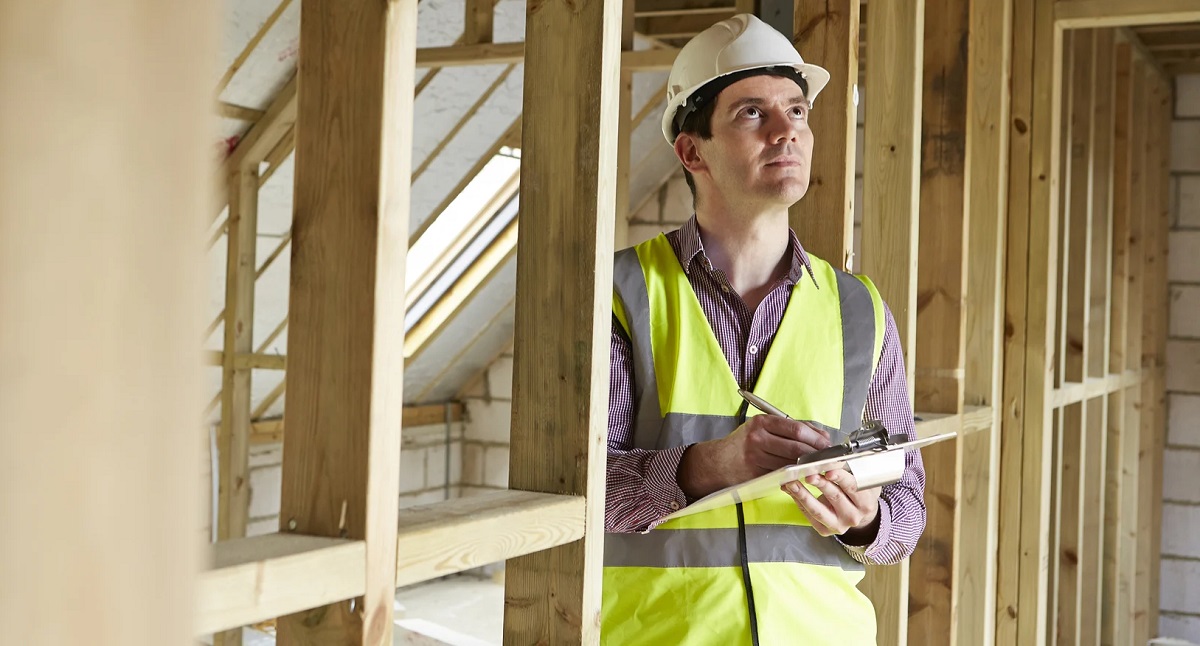

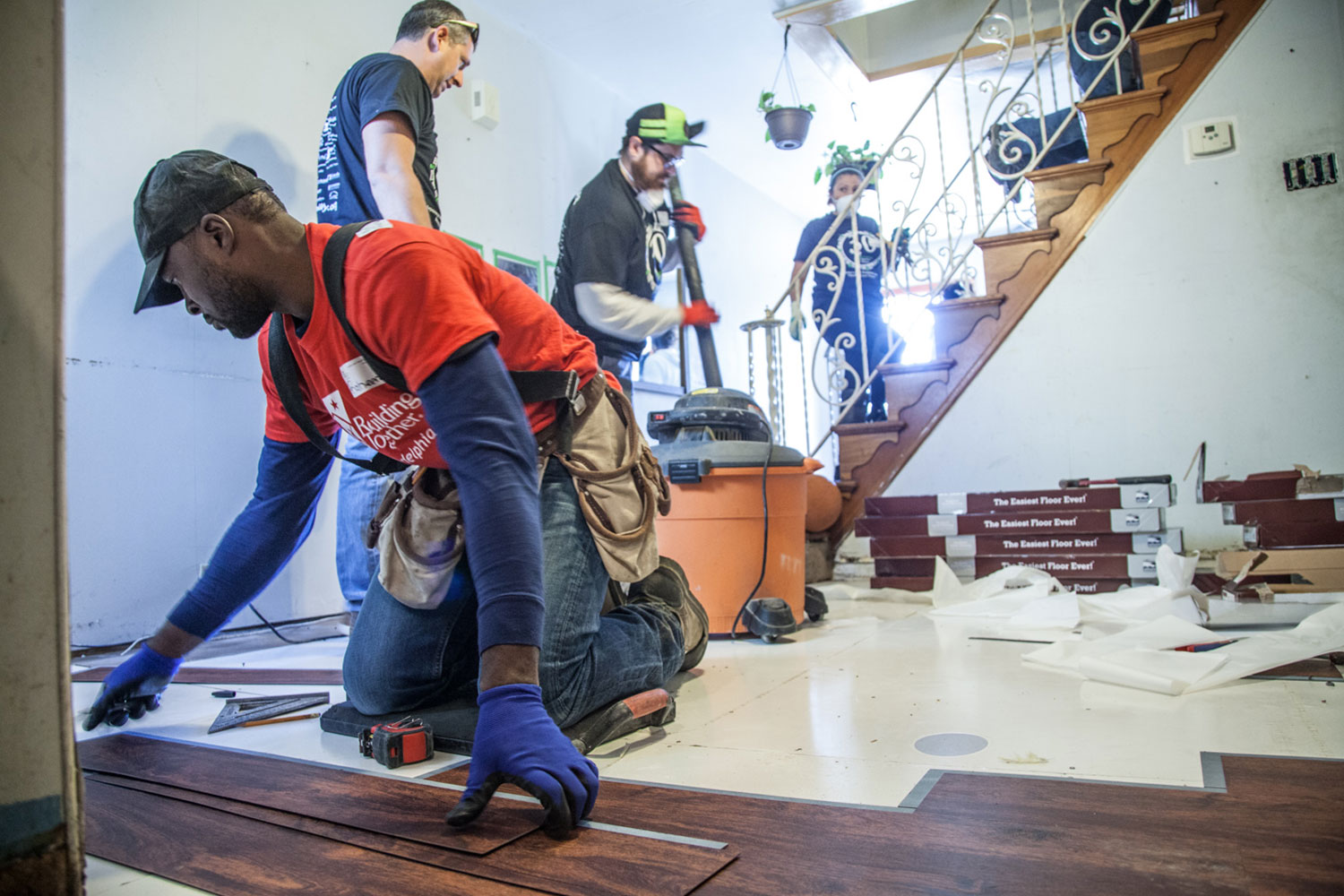

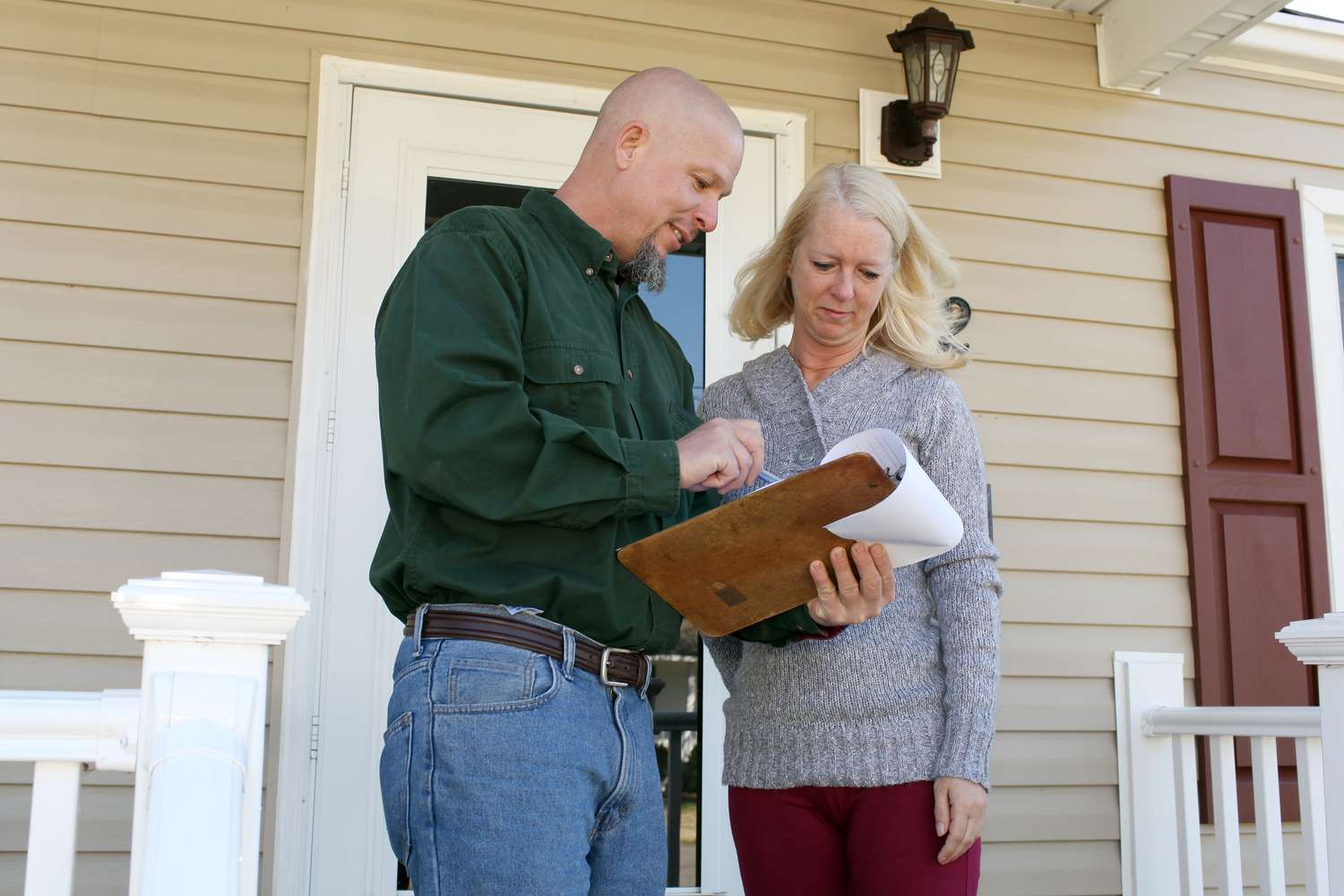

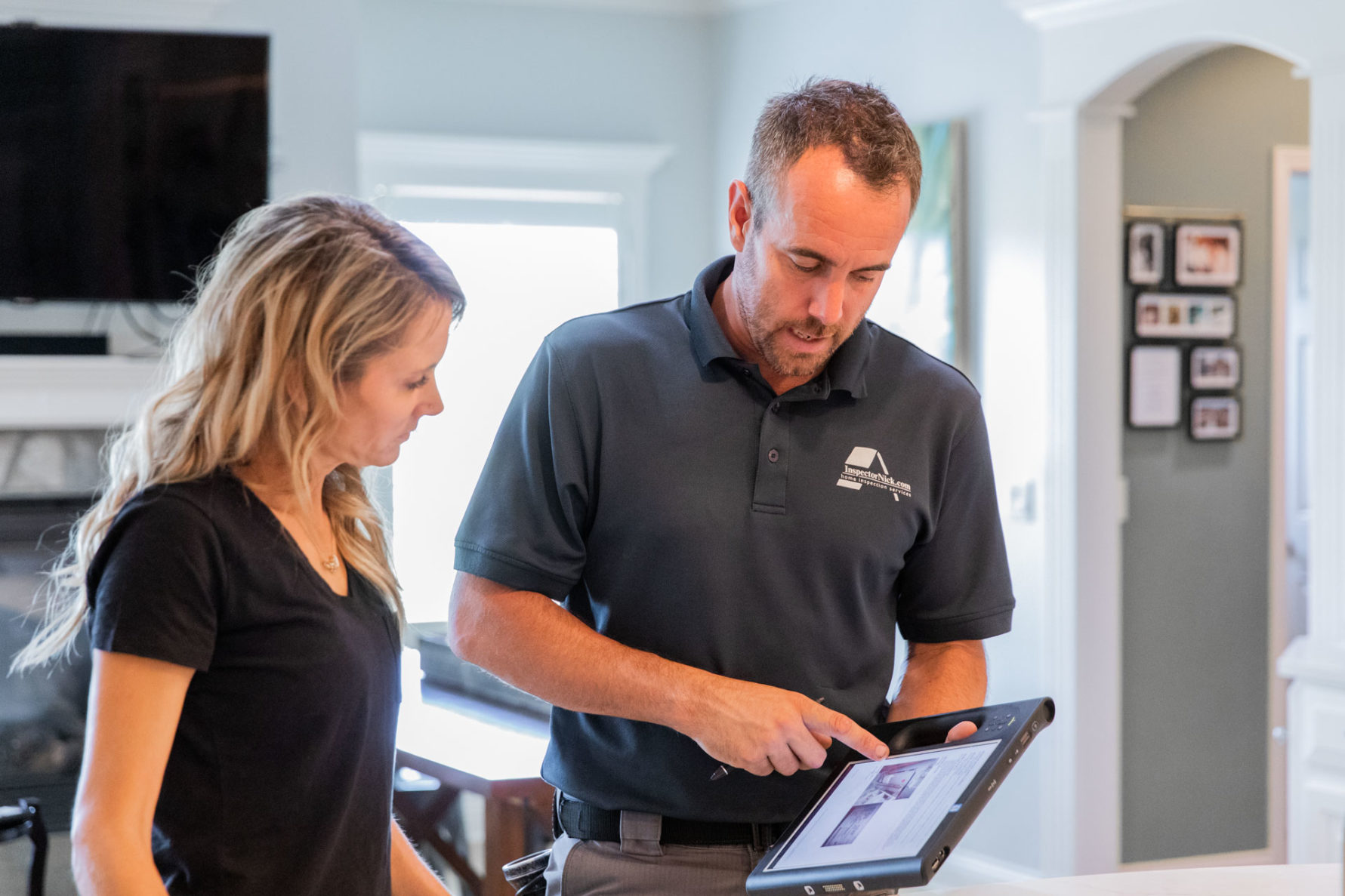




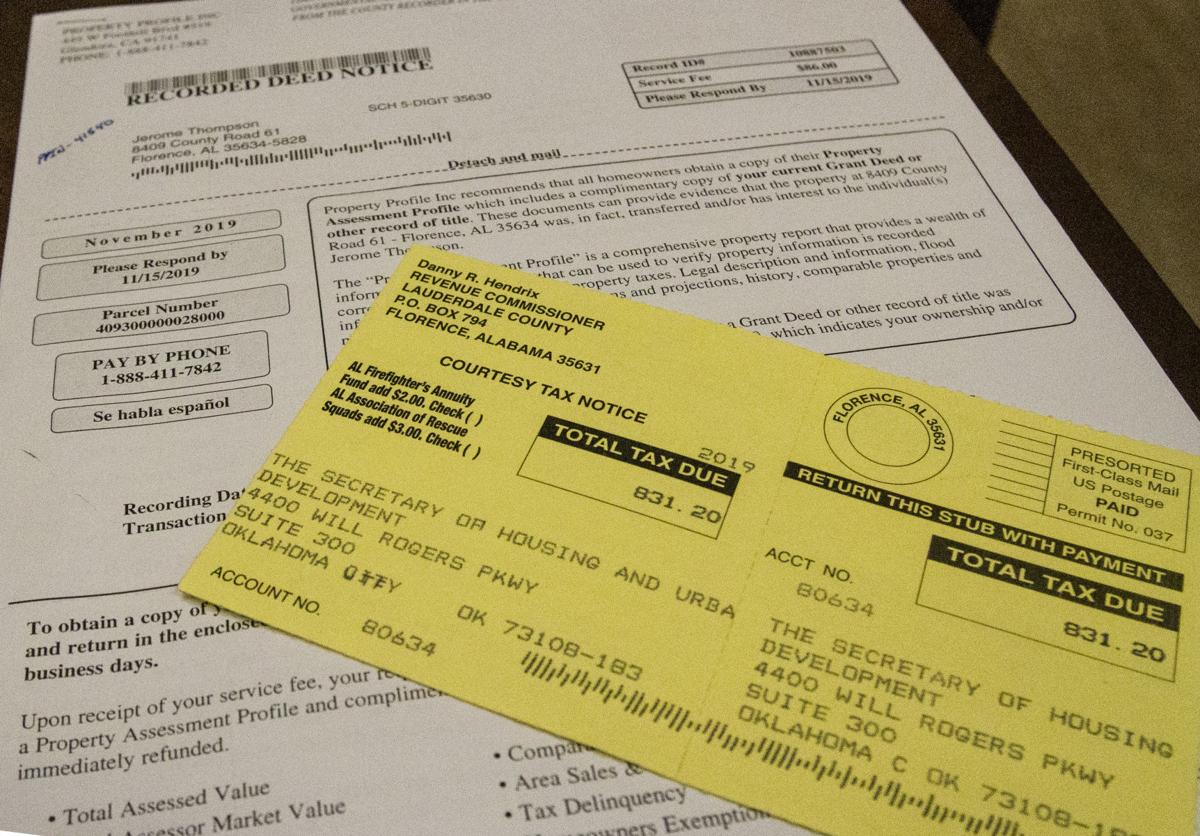

0 thoughts on “At What Point Can A Buyer Inspect A Property They Are Making An Offer On?”